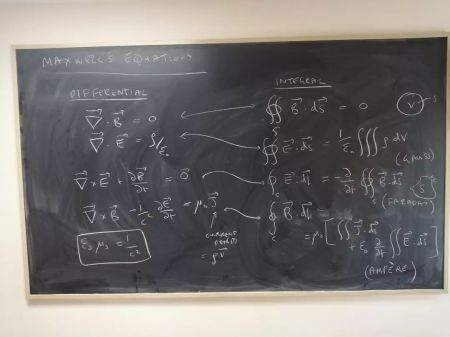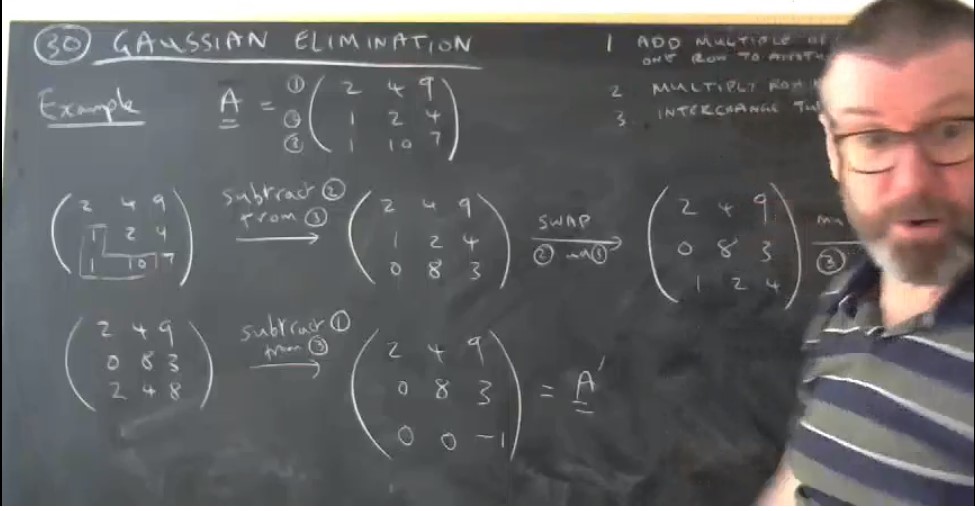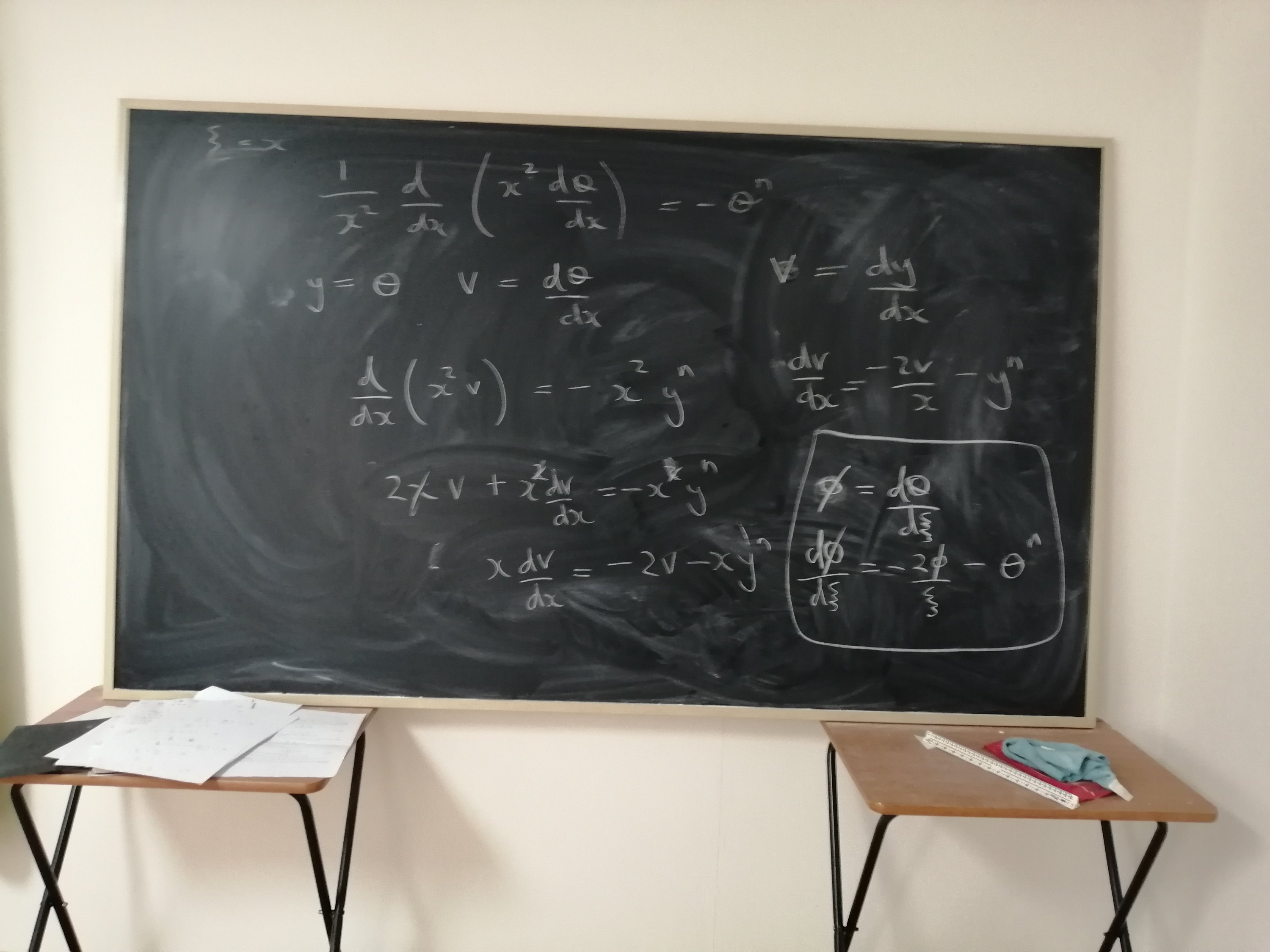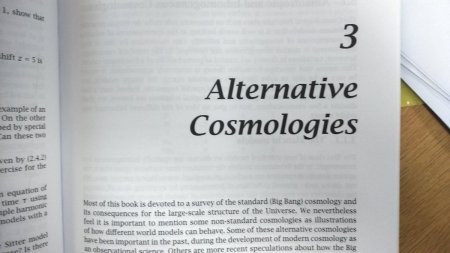This afternoon we had a very interesting meeting about teaching in the Department of Theoretical Physics at Maynooth University, involving teaching faculty and student representatives from each year of each of the courses we offer.
It was nice that most of the feedback gathered by the student reps from their peer groups was positive. For one thing, they really like the blackboard-based teaching we use to deliver most of our modules. Most of the negative comments, however, related directly to lack of resources.
A particular concern, expressed unanimously by all the student reps at the meeting, was the lack of lecture recordings. I don’t think I am alone among the teaching staff in the Department in saying that I wish we could offer lecture recordings as routine. Unfortunately, however, and much to my disappointment, the Senior Management at Maynooth University has discouraged lecture recording as a matter of policy and has not invested in the technology required to make this possible so it is not practicable anyway.
My two previous employers – the University of Sussex and Cardiff University – both had systems in place long before the Covid-19 pandemic and all lectures were recorded as standard . I blogged about this 8 years ago, in fact. In my view the benefits of lecture capture far outweigh the disadvantages, and we should incorporate recordings of lectures as part of our standard teaching provision, as a supplement to learning rather than to replace face-to-face sessions. Every student learns in a different way and we should therefore be doing as much as we possibly can to provide a diverse range of teaching resources so that each can find the combination that suits them best. Technology allows us to do this far better now than in the past.
Some really enjoy live in-person lecture sessions, especially the ability to interact with the lecturer and the shared experience with other students, but others don’t like them as much. Others have reasons (such as disability) for not being able to attend in-person lectures, so providing recordings can help them. Others still have difficulty attending all lectures because of a dratic shortage of student accommodation. Why not in any case provide recordings for everyone? That seems to me to be a more inclusive approach.
The problem with lecture capture in Maynooth is that we will need to improve the cameras and recording equipment in the large lecture rooms to make it possible for lectures with a significant mathematical content. The existing setups in teaching rooms do not easily allow the lecturer to record material on a whiteboard or blackboard. In Cardiff, for example, the larger rooms have more than one camera, usually one on the lectern and one on the screen or whiteboard (which has to be placed further away and therefore needs to be of higher resolution). In Maynooth we only have small podium cameras in the teaching rooms. In fact I have far better facilities in my study at home – provided at my own expense – than my employer is prepared to provide on campus.
I’m baffled and frustrated by Maynooth’s decision in this matter, which is generating a great deal of negativity amongst faculty and students alike. I hope The Management can be persuaded to change its mind. Persisting with the current policy would send a clear message that teaching and learning are not valued at Maynooth. Maybe they just aren’t?
P.S. The single most common inquiry I have received about the new MSc course announced recently has been whether it is possible to take it remotely. Given our lack of recording facilities, regrettably the answer to this is “no”.






